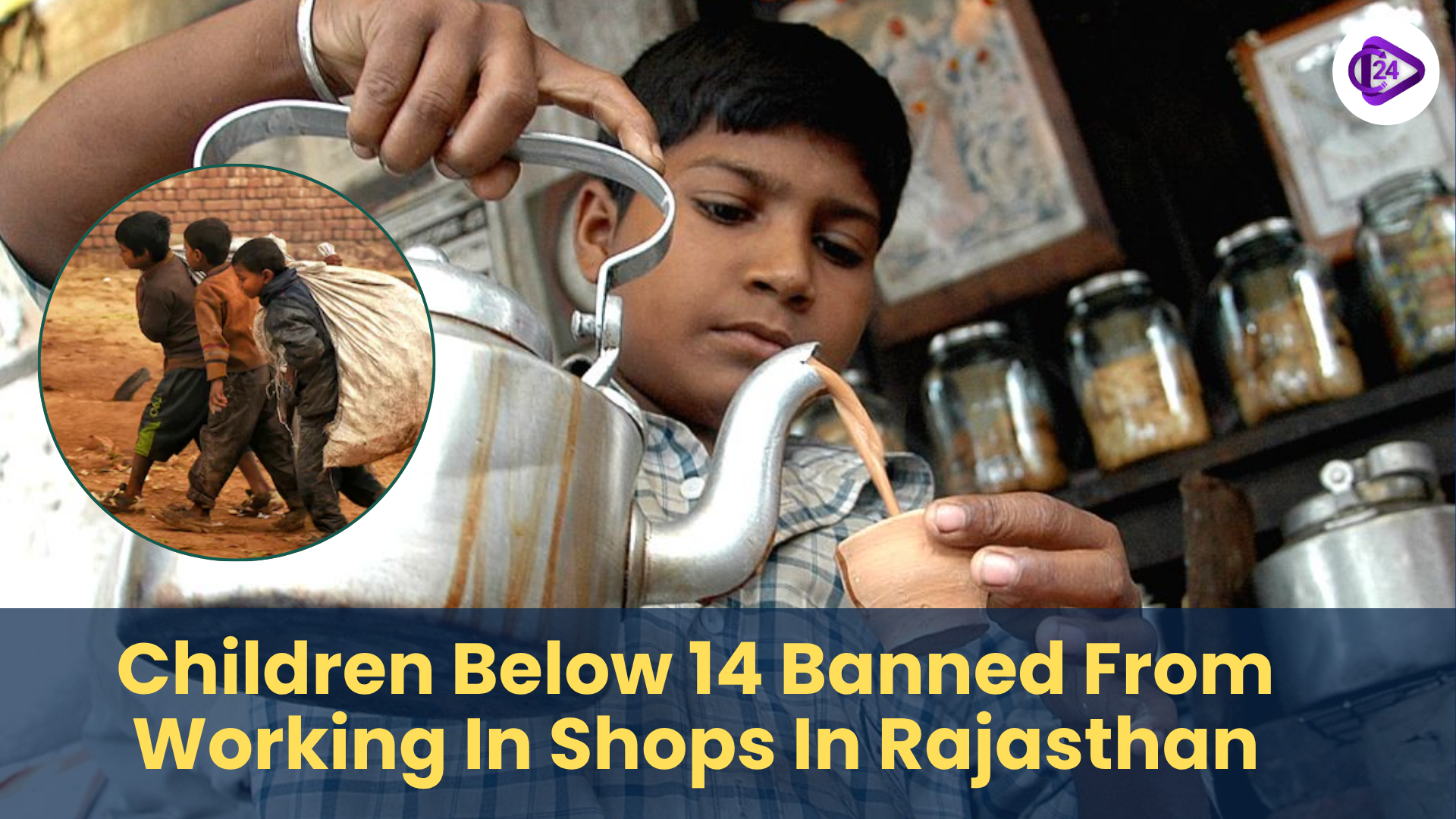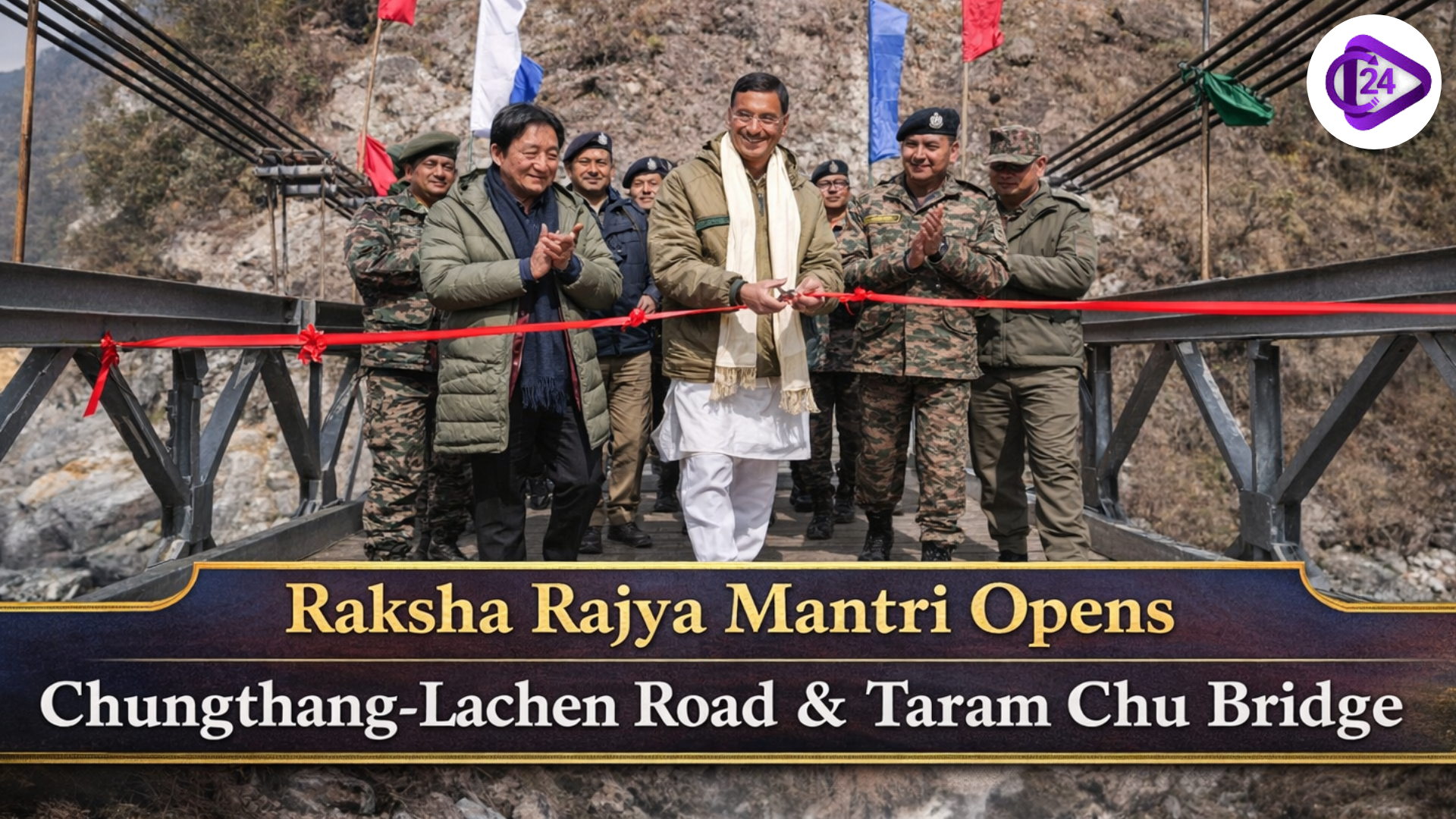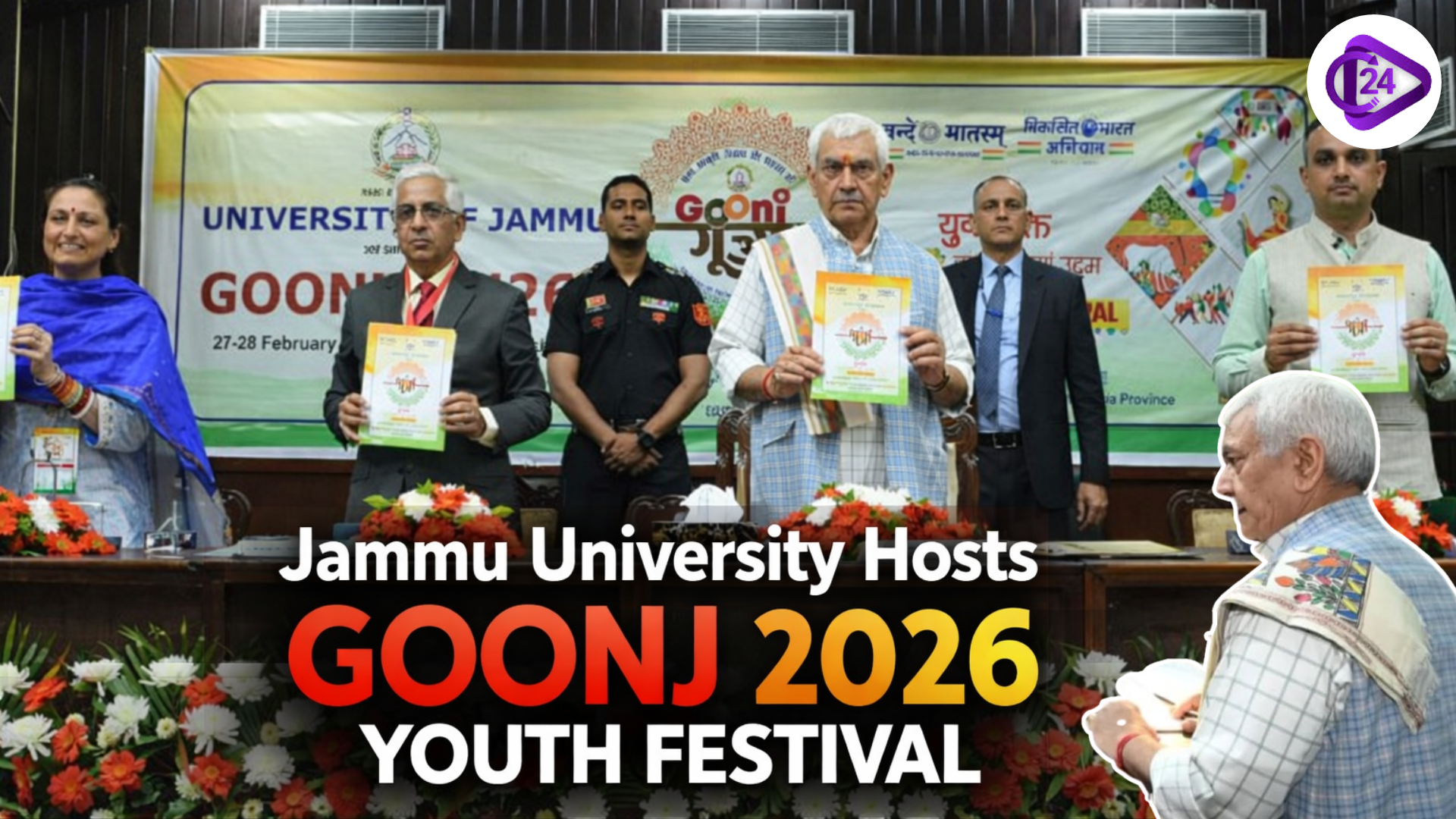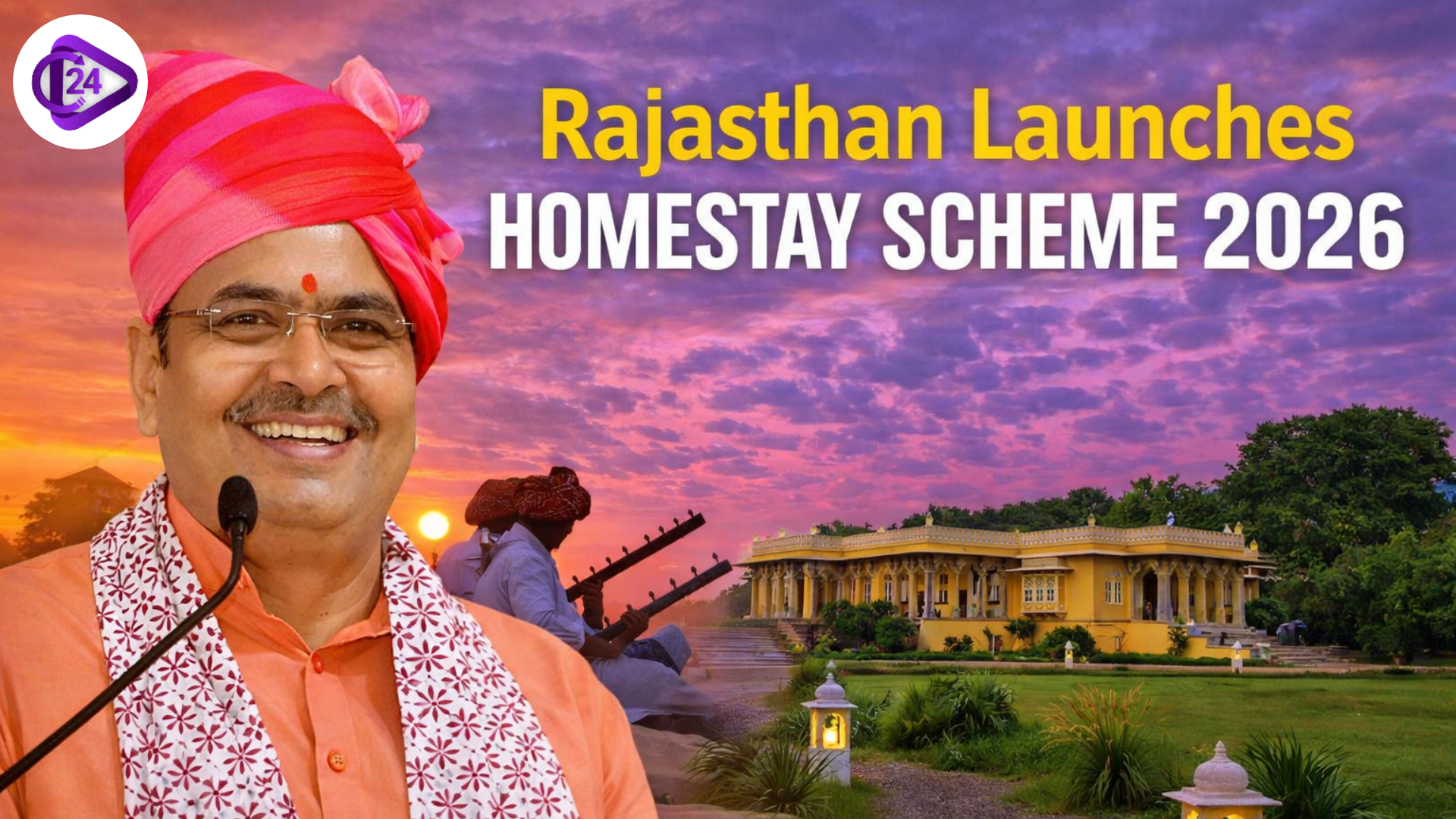Daily Quizzes
Mock Tests
No tests attempted yet.
Select Category

The government of Rajasthan has passed the Rajasthan Shops and Commercial Establishments (Amendment) Ordinance, 2025, which has banned child labor under the age of 14 years in shops and commercial establishments. The age of apprentices has been increased to 14 years or above; those between the ages of 14-18 years will no longer be allowed to work during the night shifts. The reforms will be focused on the provision of improved access to education and health and nutrition of children, as well as state labor laws with national standards. These reforms are a big stride towards safeguarding young children against labor and ensuring their welfare and growth.
Step Toward Child Rights and Education
Rajasthan has made a significant move in securing children's rights by prohibiting the use of children under the age of 14 in stores and commercial places.
The minimum age of apprenticeship has been raised to 14 years just motivating the children to go on with education.
Young people who are between 14 and 18 are prohibited from working at night shifts because of safety and health reasons.
The reform facilitates access to education, health, and nutrition, thus the comprehensive growth of children within the state.
Impact of the 86th Amendment of 2002
-
Free and compulsory education under Article 21A of the Constitution became a Fundamental Right of 6-14-year-old children under the 86th Amendment Act of 2002.
-
It also revised Article 45 in order to concentrate on early childhood care and education.
-
Article 51A(k) turned the responsibility of providing education to children over to parents.
-
The amendment enhanced India's commitment to universal education and child protection.
Conclusion
The action taken by Rajasthan in prohibiting the use of children who are below 14 years in shops and commercial outlets is a great move towards protecting the rights of children. The amendment facilitates education, safety, and development in general since child labor is discouraged. It makes the state more determined to provide the security of childhood for every child and access to education.



 Nine Cheetahs from Botswana Boost India’s Big-Cat Revival Drive at Kuno
Nine Cheetahs from Botswana Boost India’s Big-Cat Revival Drive at Kuno Raksha Rajya Mantri Opens Chungthang-Lachen Road & Taram Chu Bridge
Raksha Rajya Mantri Opens Chungthang-Lachen Road & Taram Chu Bridge Jammu University Hosts Goonj 2026 Youth Festival
Jammu University Hosts Goonj 2026 Youth Festival North East Spring Festival 2026: Exciting 3-Day Event Begins at NEZCC Complex, Dimapur
North East Spring Festival 2026: Exciting 3-Day Event Begins at NEZCC Complex, Dimapur International Energy Agency (IEA): Structure, Functions & India’s Membership Bid
International Energy Agency (IEA): Structure, Functions & India’s Membership Bid Rajasthan Launches Homestay Scheme 2026: Eligibility, Subsidy Benefits
Rajasthan Launches Homestay Scheme 2026: Eligibility, Subsidy Benefits Goa Hosts World Ocean Science Congress 2026
Goa Hosts World Ocean Science Congress 2026 Vasai Cathedral Wins UNESCO Heritage Award 2025
Vasai Cathedral Wins UNESCO Heritage Award 2025 Vanjeevi Didi Scheme at Palamu Tiger Reserve
Vanjeevi Didi Scheme at Palamu Tiger Reserve Bharat VISTAAR
Bharat VISTAAR






